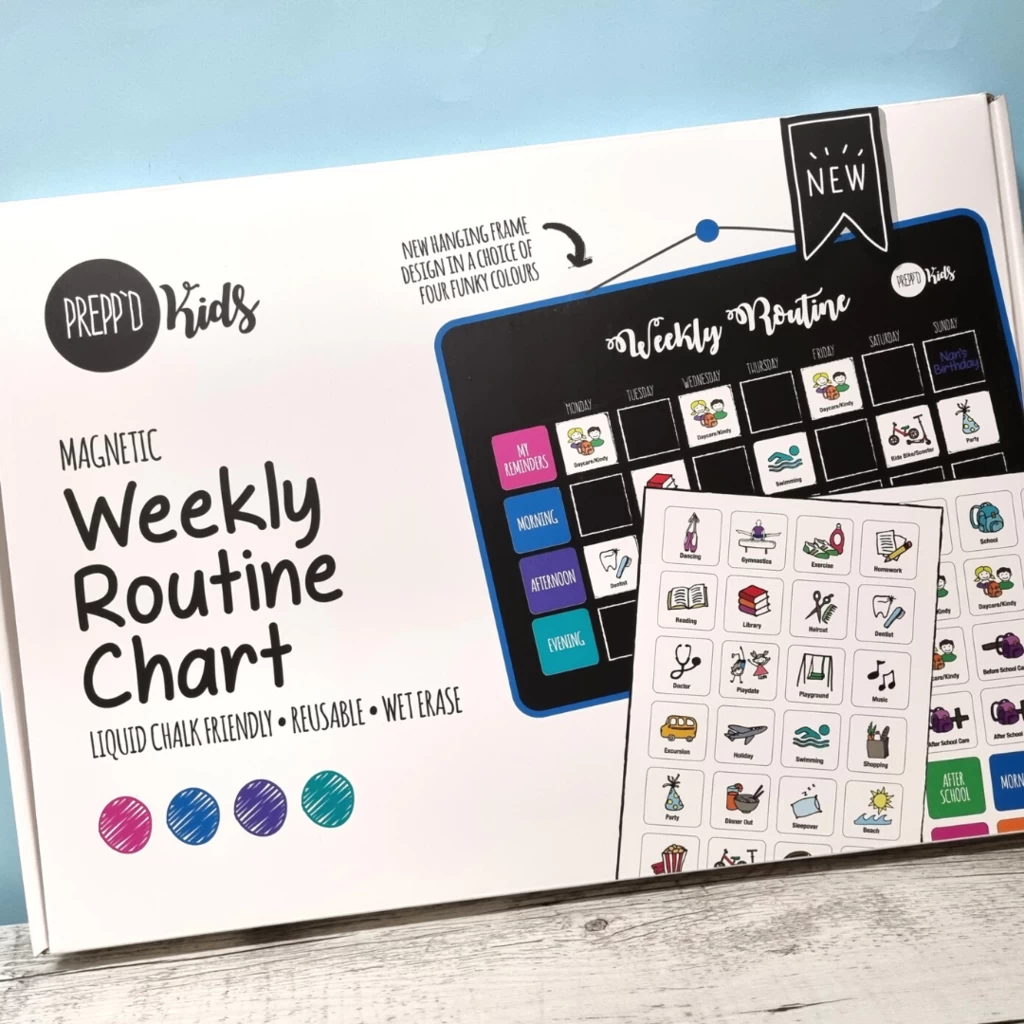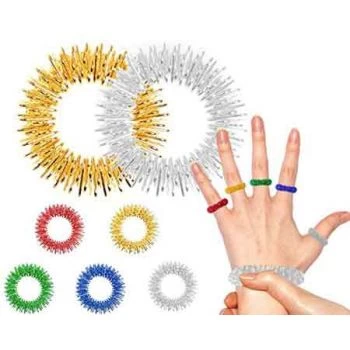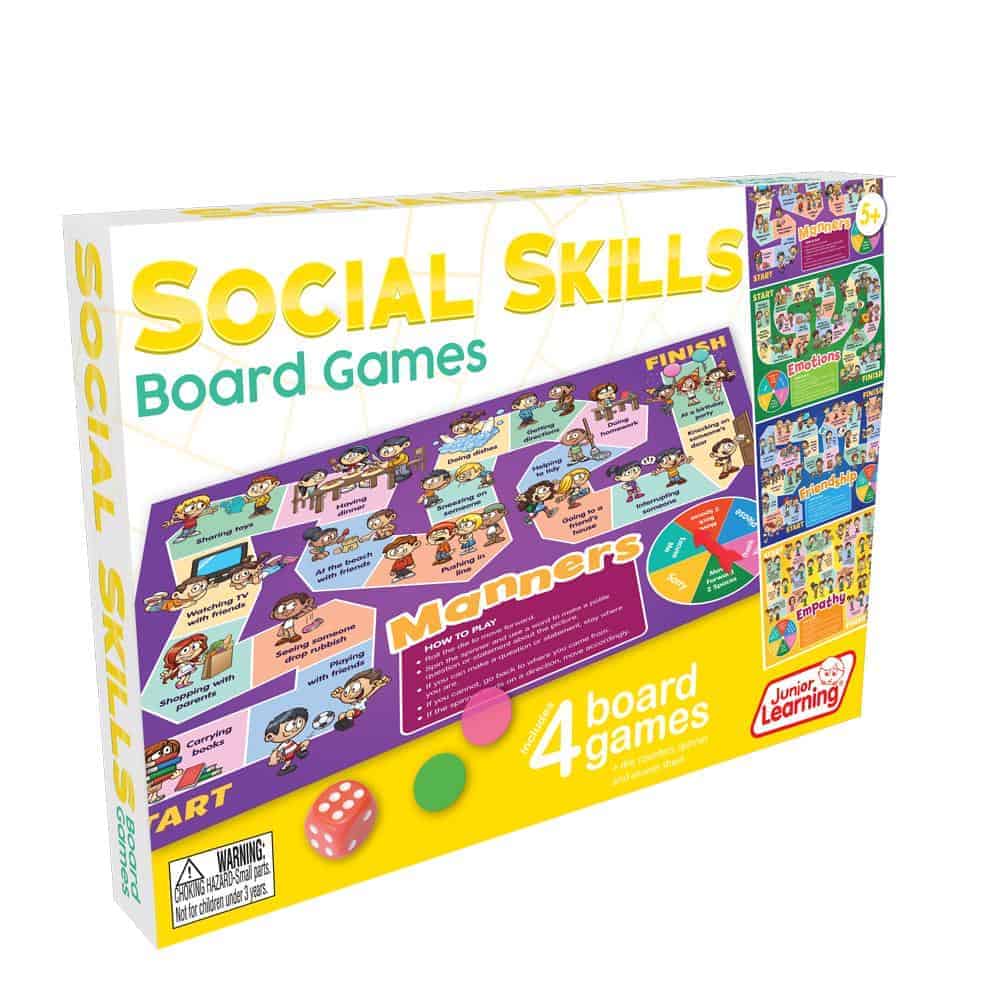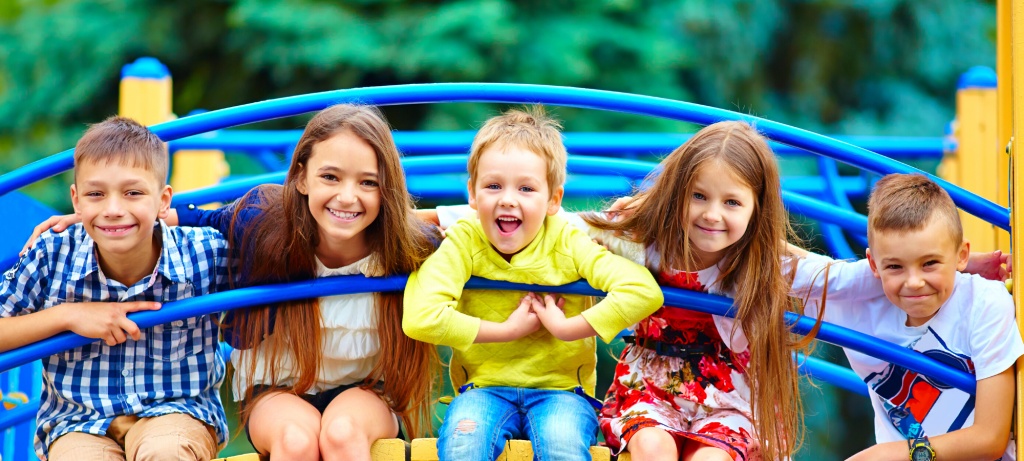After long summer weeks playing and exploring the environment, the thought of returning to school can be daunting. Some children with Autism or Sensory Processing Disorders welcome the return to routine; for other neurodiverse kin, it can be distressing. Typically, children with autism spectrum disorder (ASD) thrive following a consistent routine.
It’s no surprise that significant transitions like starting a new school year can increase stress levels.
Whether your child is transitioning to school for the first time or returning to a new year group, read on to learn Sister Sensory’s top back-to-school tips for 2022.
Discuss and reintroduce routines

Spend time discussing what will happen when the school year resumes, reminding your child of established routines, and reintroducing your child to classroom expectations. You could consider visiting the school and walking around the grounds, and if the classroom is open, walk around and point out interesting features.
Talking about their new teacher is helpful, and discuss classmates and friends, where appropriate. Driving past the school several times can be beneficial.
Expect surprises

Even the best-laid plans can fall apart, and parents and caregivers cannot prepare for every situation. Allow extra time in the mornings to get ready during the first week of school and remain calm. Talk about what they can do during free time, such as lunch and recess, and prepare some fidget tools or sensory learning tools to help manage anxiety.
Use social stories to help your child with routines and how to respond when an unexpected event occurs. Returning to school can be overwhelming, so anticipate sensory overload. Create an action plan for this situation.
Revisit social expectations

Children with ASD or other neurodiversity may need more literal reminders of classroom expectations, so discuss acceptable school behaviour and create a schedule outlining a typical school day. Talk about lunchboxes and good eating habits and spend a few days role-playing a school day. This playacting can help children get back into a routine.
Consider reaching out to the teacher and talking about what activities will happen in the first week. You can prepare your child by performing, practicing, and discussing them before entering the classroom.
Lastly, ensure they have a calm area to relax in after school to help them unwind and reduce elevated stress levels.
Why choose Sister Sensory?
We are a sensory toy shop passionate about providing toys for autistic and neurodiverse children in Australia. We celebrate every time we receive positive feedback about our extensive range of sensory toys. And the best thing? Our toys are fun to play with, and they offer therapeutic benefits.
We ensure the designs of our autism sensory toys drive your child’s imagination and creativity while boosting their skillsets. Shop our range of sensory learning toys for autism today.








